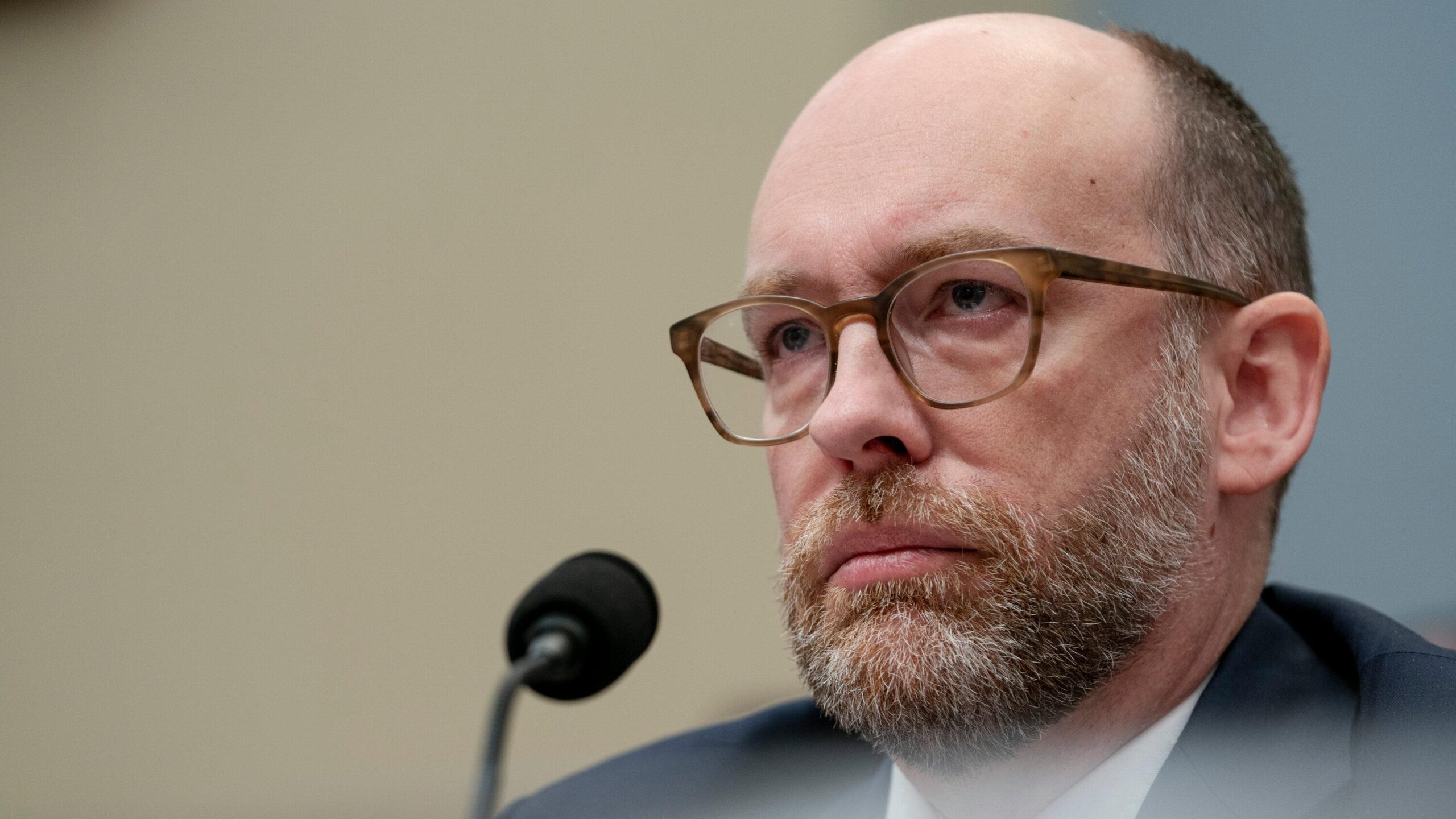In the treacherous terrain of the 2022 midterm elections, an unforeseen force emerged, marking a watershed moment in the annals of American politics. The crypto industry, a once-obscure realm of digital wizardry, stepped out of the shadows, amassing a political war chest to rival well-established powerhouses. Now, with the ballots counted and the results echoing through the halls of Washington D.C., we embark on an exploration of how this unprecedented spending spree impacted the electoral landscape, forever altering the intricate web of influence that shapes our society.
– Crypto Industrys Strategic Investments Fuel Political Influence
Strategic Investments Fuel Political Influence
The crypto industry has invested heavily in political campaigns, with hopes of influencing the regulatory landscape. These investments have yielded significant returns, with crypto-friendly candidates winning elections and favorable legislation being passed.
For example, in the 2022 US midterm elections, the crypto industry donated over $180 million to political campaigns. Of the candidates who received crypto donations, 63% won their election, demonstrating the industry’s growing political clout. Additionally, pro-crypto legislation such as the Digital Asset Market Structure and Investor Protection Act (H.R. 4451) has been introduced in Congress, indicating that the industry’s political investments are bearing fruit.
– Unlocking the Correlation between Cryptocurrency Spending and Election Outcomes
Connecting the Dots
Cryptocurrency’s influence on election outcomes has been a topic of much speculation and debate, but recent data provides compelling insights into the correlation. As the crypto industry invested heavily in political campaigns, its impact on election results became evident.
Numbers Speak Louder
A detailed analysis of campaign finance data reveals a remarkable pattern: crypto-related entities invested significant sums of money in candidates who ultimately secured victories. This financial support contributed to advertising campaigns, voter mobilization efforts, and strategic consulting. By aligning themselves with crypto-friendly politicians, the industry has gained a meaningful voice in shaping public policy, paving the way for accelerated adoption and regulatory frameworks tailored to their interests.
– Prudent Recommendations for Cryptocurrency Advocacy in the Political Arena
The crypto industry’s spending on the midterm elections is paying off, with several candidates who received support from the industry winning their races.
Victories for crypto-backed candidates:
- Blake Moore (R-Utah), a crypto investor, won his race for the US Senate.
- Cynthia Lummis (R-Wyoming), a vocal supporter of crypto, won her re-election bid for the US Senate.
- Tom Emmer (R-Minnesota), a member of the House Financial Services Committee, won re-election.
In Summary
As the electoral dust settles, it’s clear that the crypto industry’s substantial investment in the midterm elections has borne fruit. The nascent industry has emerged as a significant player in the political landscape, with its influence likely to grow in the years to come. Only time will tell the full extent of the impact of this spending, but it’s undeniable that the crypto industry has made its mark on the political process and shown that it is a force to be reckoned with.


